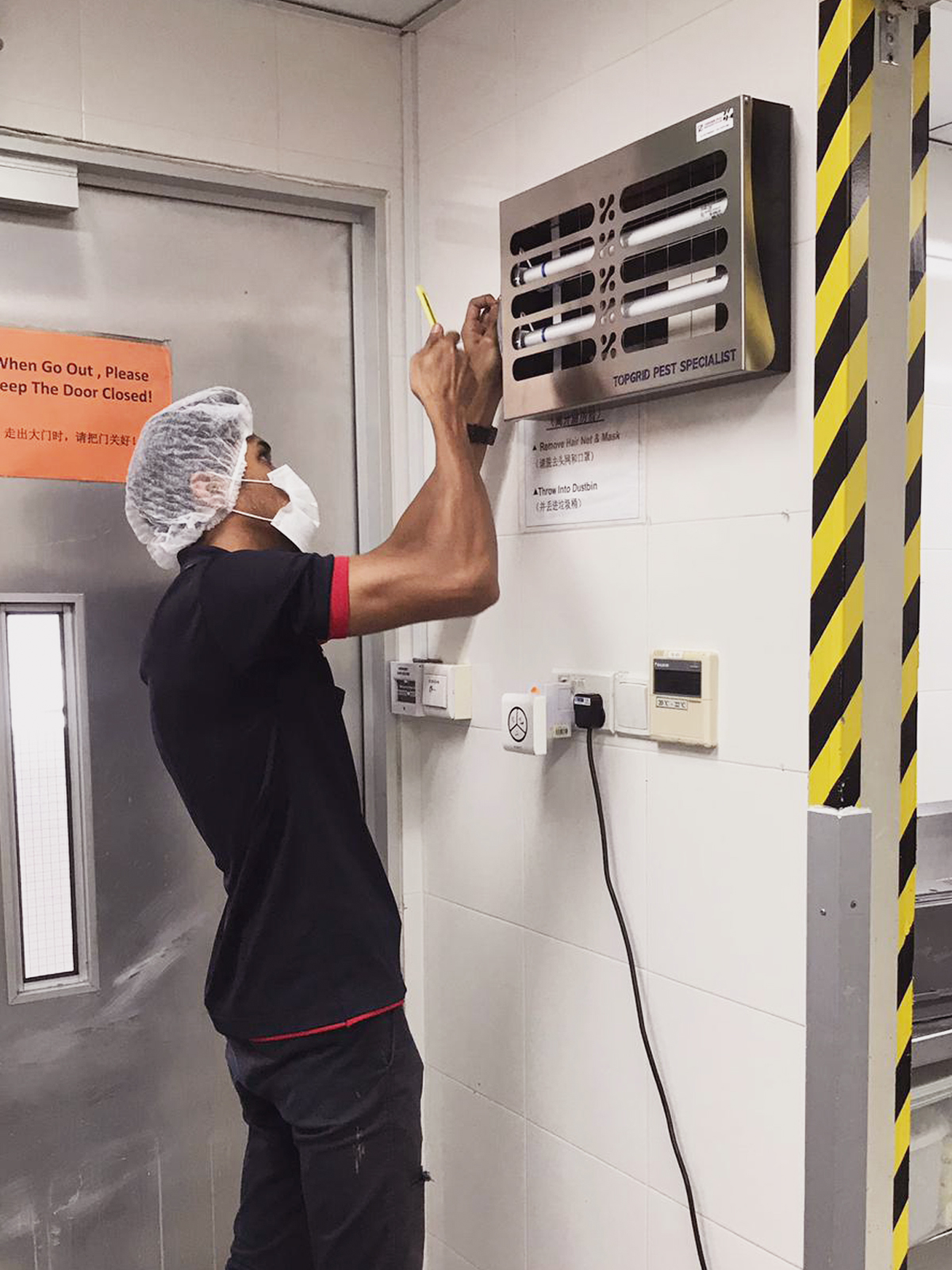
In urban environments, pest control management is a crucial aspect of maintaining public health and safety. As cities continue to grow and urbanize, the challenges of managing pests in these densely populated areas are also increasing.
Experts in the field of pest control are constantly innovating and developing new strategies to effectively manage pest populations in urban settings. In this article, we will explore the future of pest control management in urban environments, highlighting insights from industry experts and discussing the trends and technologies that are shaping the future of pest control.
The Current Landscape of Pest Control in Urban Environments
Challenges Faced by Pest Control Professionals
- Rapid urbanization leads to increased pest habitats
- Concerns about the use of chemical pesticides in densely populated areas
- Resistance to traditional pest control methods
- Need for sustainable and environmentally friendly pest control solutions
Current Strategies and Technologies
- Integrated Pest Management (IPM) approaches
- Use of biological controls such as parasitic wasps and nematodes
- Monitoring systems and predictive modeling for early detection of pests
- Development of eco-friendly pest control products
The Future of Pest Control Management
Trends Shaping the Future
- Emphasis on prevention rather than reaction
- Shift towards sustainable and eco-friendly pest control solutions
- Integration of technology such as drones and sensors for pest monitoring
- Growth of urban farming and its impact on pest control practices
Technological Advancements in Pest Control
- Remote sensing and GIS technology for mapping pest populations
- Use of AI and machine learning for pest identification and management
- IoT devices for real-time monitoring of pest activity
- Development of advanced pest control products with reduced environmental impact
Key Strategies for Effective Pest Control in Urban Environments
Collaboration and Integrated Approaches
Experts agree that collaboration between pest control professionals, city planners, and residents is essential for effective pest management in urban environments. Integrated approaches that combine chemical, biological, and cultural control methods are key to long-term pest control success.
Educational Campaigns and Public Awareness
By educating the public about the importance of proper waste management, sanitation practices, and early detection of pests, cities can empower residents to play a proactive role in pest control. Public awareness campaigns can help prevent pest infestations and reduce the need for extensive pest control measures.
Investment in Research and Development
Continued investment in research and development is crucial for the advancement of pest control management in urban environments. By supporting innovation and the development of new technologies, cities can stay ahead of evolving pest threats and ensure the sustainability of pest control practices.
Conclusion
The future of pest control management in urban environments is evolving rapidly, driven by technological advancements, changing environmental concerns, and the need for sustainable pest control solutions. By embracing integrated approaches, technological innovations, and collaboration between stakeholders, cities can effectively manage pest populations and create healthier and more resilient urban environments.